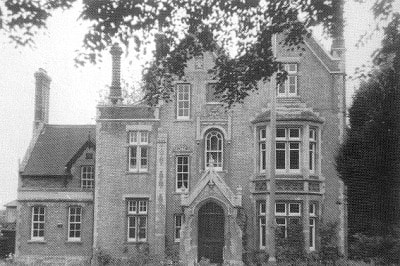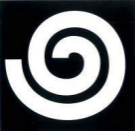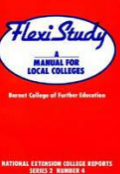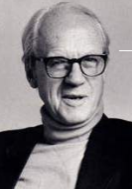Our history
1960s: Foundation
NEC delivered flexible part-time courses for second-chance learners through distance learning, using distinctive methods including broadcasting and correspondence, tailored to the needs of distance learning students.

1963

Launched by an article in 'Where?', a magazine
published by the Advisory Centre for Education.
1964
Took over the University Correspondence College, a pioneer of distance learning, established in Cambridge in 1887.
1968
8,500 students enrolled on correspondence courses.
1969
'Gateway' courses with the BBC available as preparatory courses for the Open University.
1970s: A time of change
The early 1970s were years of highs and lows for NEC. Highs included 'Make it Count', a basic numeracy programme with Yorkshire Television. Lows included postal strikes as NEC relied on the postal system for all of its work. A growing number of staff was needed to support increasing number of students, and in the second half of the decade the publishing of educational resources became increasingly important.
1971
Education Secretary Margaret Thatcher awards NEC a grant enabling courses to continue to be offered in the wake of postage strikes.
1972
Started educating prisoners and working with trade unions.
1973
NEC's 10th anniversary, 50,000 students have enrolled on 70 different courses.
1976
Publishing arm added and NEC begins producing and publishing its own educational resources.
1979

Launch of 'FlexiStudy', working with FE colleges using different models of NEC materials in their teaching.
1980s: Enhancing learners' employability
When unemployment reached three million in the early 1980s, NEC concentrated on publishing resources that would enhance individuals' employability rather than developing new programmes in traditional economic subjects.
1981
'30 Hour Basic' programming course to accompany BBC television broadcast makes The Sunday Times Bestseller list.
1983
NEC's 20th anniversary
1984
4,000 students on 22 courses for mature BT students.
1988
250,000th student enrols on an NEC course.
1989
New GCSE courses created for the new National Curriculum, replacing O level qualifications.
1990s: Work-based learning
The 1990s saw a large increase in work-based learning projects. One of the most successful was a degree programme with Coca-Cola Enterprises that saw hundreds of their employees gain qualifications.
1992
Campaign to keep GCSE examinations for external candidates.
1993
NEC's 30th anniversary
1994
Frontline Degree Programme with Coca-Cola & Schweppes.
1996
The driving theory test become compulsory. NEC introduces 'Driving for Life' to help learner drivers pass this test.

1997
Development of courses to support work-based learning.
2000s: Learning begins to move online
By the turn of the 21st century NEC was supporting more than 20,000 students a year on over 150 home-study courses, and providing a choice of 200-plus learning resources for colleges, trainers and employers.
2000
- 10,000 new students
- New online learning platform launched.
- All A level course materials updated to reflect new AS and A2 specifications.
- NEC moves to The Michael Young Centre a three-acre site in central Cambridge.
2001

Michael Young attends formal opening of The Michael Young Centre.
2003
NEC's 40th anniversary
2008
Charitable grant received to develop a 'Fun with Food' project aimed at encouraging healthy eating with low income families in East London.
2010s: More than 50 years of supporting learners
After falling into administration following a merger with the Learning and Skills Network in 2010, NEC is taken over by The Open School Trust, a dormant Michael Young charity, with support from NIACE and the Open University.
Emerging strongly and in a form closer to Michael Young's original social enterprise model, NEC is able to react quickly to respond to students' needs. All courses are now online. A reformed curriculum required a complete revision of NEC's GCSE and A level courses.
2013
- NEC's 50th anniversary
- A new service provides more structured support to younger students.
2014
The Times Educational Supplement awards NEC's Chief Executive Ros Morpeth their FE Leader of the Year Award.
2015
- Ros Morpeth is awarded an OBE for services to further education.
- A deal with trade unions gives their six million UK members a discount on NEC courses.
2019
NEC remains the major independent not-for-profit provider of distance education.
